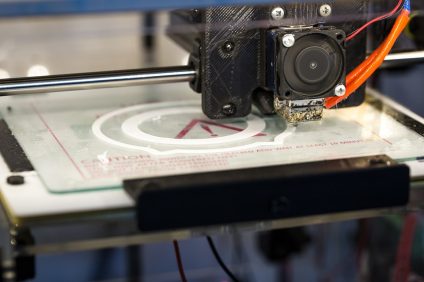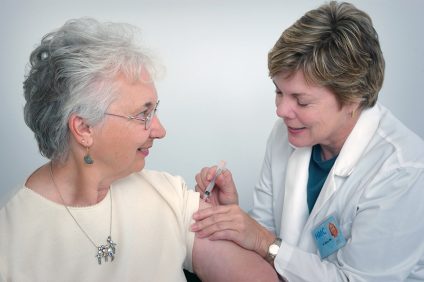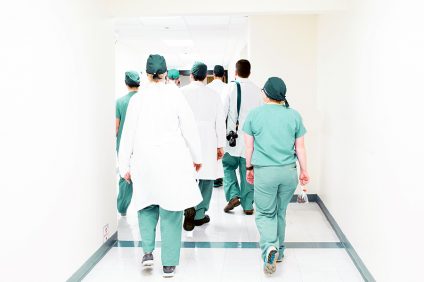Coronavirus: the most frequently typed word on search engines, the most frequently tweeted word on social networks in the last few days. The phenomenon that is making whole countries anxious and around which speculations, myths and legends have already been born. The virus from China arrived in Italy, placing our country, with 224 confirmed cases, in third place for the number of infections. Alarmism is rampant, hand in hand with fake news. Trying to shed some light on COVID-19, we want to thank and pay homage to all the Italian doctors and nurses on the front line against this flu virus.
Thanks to the Italian doctors, researchers and nurses
All Italian doctors, researchers, laboratory staff and nurses are making a great contribution to the treatment and fight against Coronavirus. They do their job, their duty, it’s true. But often they are not praised and thanked enough for the work they do. Always available, night and day, weekdays and holidays, alleviating the pains of those who suffer, dispensing smiles and heartening those who find themselves in a difficult situation. These days more than ever. In this period of concern and fear more than ever.
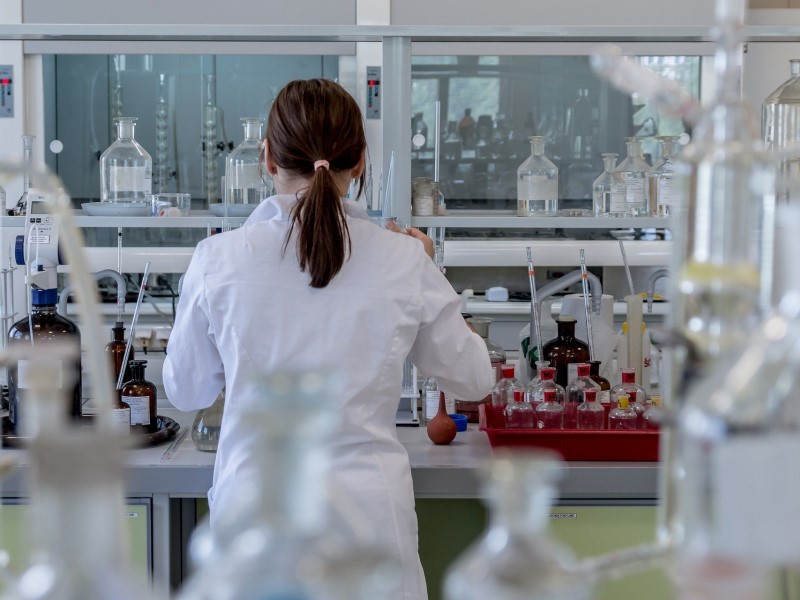
We would like to thank the Italian researchers from Spallanzani in Rome, Maria Capobianchi, Concetta Castilletti and Francesca Colavita, and all the healthcare professional. We are proud, thankful and grateful for their work, that is not at all easy and at the same time full of risks. They are afraid, of course, but nevertheless they do not exempt themselves from doing their duty and their job in the best way. And it is only and exclusively the advice of these experts, and those issued by the Ministry of Health, that we must follow. Setting aside fake news and scaremongering.
What is COVID-19?
COVID-19 is the abbreviation for Corona Virus Desease 2019, the name given to this new illness developed last year and that is transmitted through the breath droplets. It is caused by “Coronaviruses, a large family of viruses known to cause diseases ranging from the common cold to more serious diseases such as Middle Eastern Respiratory Syndrome (MERS) and Severe Acute Respiratory Syndrome (SARS)”. The symptoms are generally similar to a common flu, therefore, fever, sore throat, cough and difficulty breathing. Although under some particular conditions they can get worse, causing pneumonia, kidney failure and, unfortunately, even death.

The consequences of Coronavirus therefore depend on the state of health of the person who contracts it. Hence, “people with pre-existing diseases, such as diabetes and heart disease, are more vulnerable to severe forms”. According to the latest statistics, in 80-90% of cases it is completely similar to a normal flu, which heals in a few days. Only in 10-15% of cases, however, it may turn into pneumonia, also in this case treatable. The mortality rate, on the other hand, is around 2-3%.
What can you do to protect yourself from Coronavirus?
WHO has issued advice and preventive measures we must follow to protect ourselves from Coronavirus. In addition to the good practice of washing our hands often and with water and soap or alcohol-based sanitizers and coughing or sneezing into our elbow or covering oue mouth with a tissue, here’s what else you need to do. First of all, stay at more than a meter distance from other people when sneezing or coughing. Then, avoid touching your eyes, nose and mouth with dirty hands if it have symptoms or if you have been in contact with people having some of the symptoms of the disease. And most importantly, call the number 1500 if you believe you have symptoms and, above all, if you are returning from a trip from China or one of the at risk of infection. In Italy, virus outbreaks are currently in Lombardy, Veneto and Piedmont.
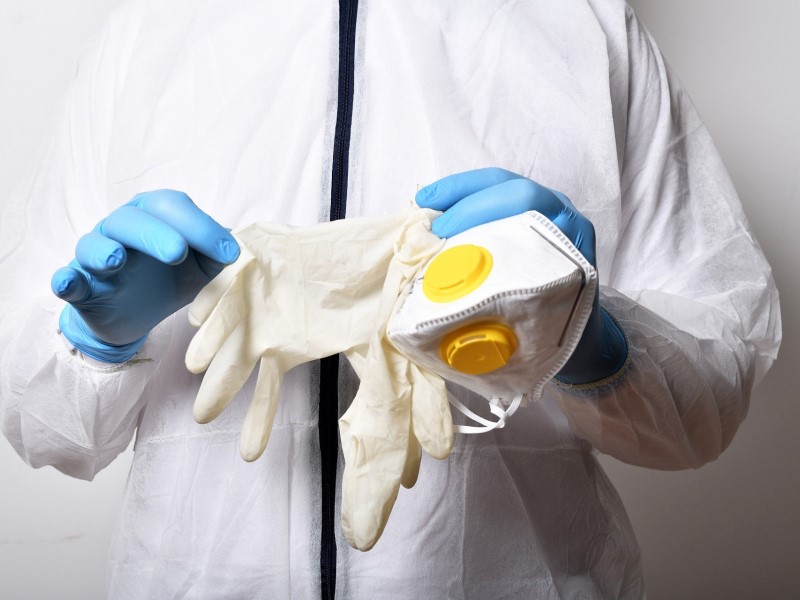
Therefore these regions have applied quarantine measures. While all the other regions invite anyone coming from cities belonging to these outbreaks to report it to the authorities and apply the fiduciary home stay measure. And finally, mask yes or mask no? The boom in the purchase of masks is another effect of the Coronavirus epidemic. But it is wrong. In fact, WHO recommends the use of the mask only and exclusively to those who suspect they have contracted the virus. In addition to healthcare workers who work with patients at risk. We invite you, however, to read the FAQ on the website of the Ministry of Health that you find at this link.
Let’s try to be positive and serene and we must not be mislead by fake new news circulating on the web as they generate unnecessary alarmism. However, we apply the right and adequate preventive measures.

